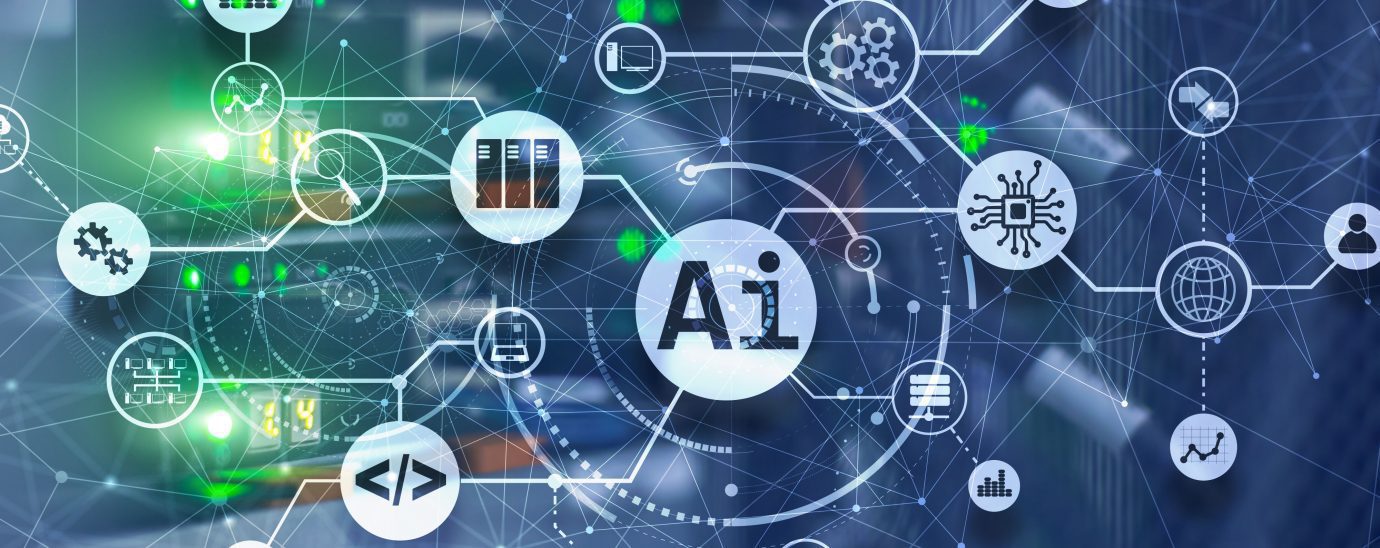How Advanced AI detecting systems are transforming the future of manufacturing.

An innovative new form of Ai will transform the manufacturing process in factories, which is to locate and improve defects as they occur in the manufacturing process, improving quality, safety, and efficiency.
Machine Intelligence (MI), A Somerset-based Artificial intelligence specialist company, has developed a machine learning program that scans and detects defects in products as they are created; the machine then learns from these defects. The idea behind this is that the system can improve to prevent future defects and alert a human expert to fix the imperfection as soon as they are identified. Adding this to a production line can save the industry millions in costs while also reducing waste.
Founded in 2012, Machine Intelligence is dedicated to developing AI, concentrating on image processing. The Minimum Viable Product (MVP) recognizes manufacturing defects within camera images. It will further improve the inspection process, which has typically relied on people and recently relies on computer vision and AI. With the ability to learn from only a few examples, it generates robust machine learning models that can be inspected and improved by a human expert.

Following COP26, the spotlight is on improving industrial environmental impact; reducing waste products that cannot be recycled or would require more energy use to fix would be a great way to make a dent in lowering pollution and carbon footprints of factories. The disposal of unrecyclable defective products by factories is a large contributor to landfills. This waste has a significant environmental impact and can cause serious problems or health hazards. Some waste will eventually rot, but the planet can break down not everything. Some plastics, however, will never be broken down. Those that can be may, in the process, create a strong scent or generate methane gas, which is explosive and contributes to the greenhouse effect and the loss of our icecaps. Leachate produced as waste may cause pollution in the natural water sources we rely upon to sustain life.
New technological advancement in AI could easily be the start of the next industrial revolution and be the spark that encourages further advancements and investments while reducing humans’ harmful effects on the planet.
The creation of this system has been made possible through a unique collaboration with BAE Systems after Machine Intelligence was awarded as a finalist of Digital Catapult’s Made Smarter Technology Accelerator Programme. The program is run by Digital Catapult, in partnership with Verizon Business and Software AG, with funding provided by UKRI. The purpose is to challenge industrial innovators to invest in start-up expertise and incorporate new technological advancements in modern industry.
BAE Systems and MI came together on Konfer- a free-to-use online tool developed by the National Centre for Universities and Business (NCUB). Over 150,000 academics use this platform at the UK’s world-leading universities to connect with businesses. The Konfer system itself uses AI intelligent matching software to link businesses with corresponding University research. Creating an access point to innovation opportunities for businesses enables the increased collaboration with universities that will be integral in pushing the government’s vision of making the UK a global hub for innovation by 2035 into a reality.
Dr. Joe Marshall, Chief Executive Officer at NCUB, said: “The collaboration between BAE Systems and Machine Intelligence, facilitated through Konfer, shows there is real enthusiasm around leveraging the skills and technology that exist outside the world of tech giants and multi-nationals. Finding these collaborations is key to continued innovation and the UK’s economic growth, and Konfer exists for precisely this reason.”
On the subject of ways this advancement could improve productivity in manufacturing, Dr. Simon Harding, Machine Intelligence, Company Director, stated: “Visual inspection is one of the most common and obvious checks in manufacturing, but humans get tired, make mistakes, and are expensive. Numerous automated solutions already exist, but they are complicated to use and operate as a black box. Machine Intelligence has been developing a technology that works in a completely different way, using our own bio-inspired AI toolkit to make a unique computer solution. Our system bridges the gap between humans writing software and machine learning. What once could have been engineered by a person can now be discovered by a machine.”
Artificially intelligent programming can detect flaws that humans may visually miss, and by eliminating human error, this process is made more accurate. This also frees up humans to be available to do jobs that machines are unable to perform. It’s hard not to envision a future in which every system in creating new products is run with pinpoint accuracy by AI machinery and practically zero waste.
Equally, Businesses must strategize a transition plan as economically as possible, and this would be an immense change and, if done suddenly, could cause an economic crash. It is easy to get stuck on the positive side of advancement, but many human job roles also may become redundant. There would need to be a training plan and roles flagged to be repurposed to ensure employees still have roles. One of these would be the need for supervisor roles as some human element is always needed as a precaution.
If not planned correctly, this possible revolution could be an economic disaster or the most significant leap in manufacturing technology that historians will write about as the Victorians did with steam engines.
Click here to discover more of our podcasts
For more news from Top Business Tech, don’t forget to subscribe to our daily bulletin!
